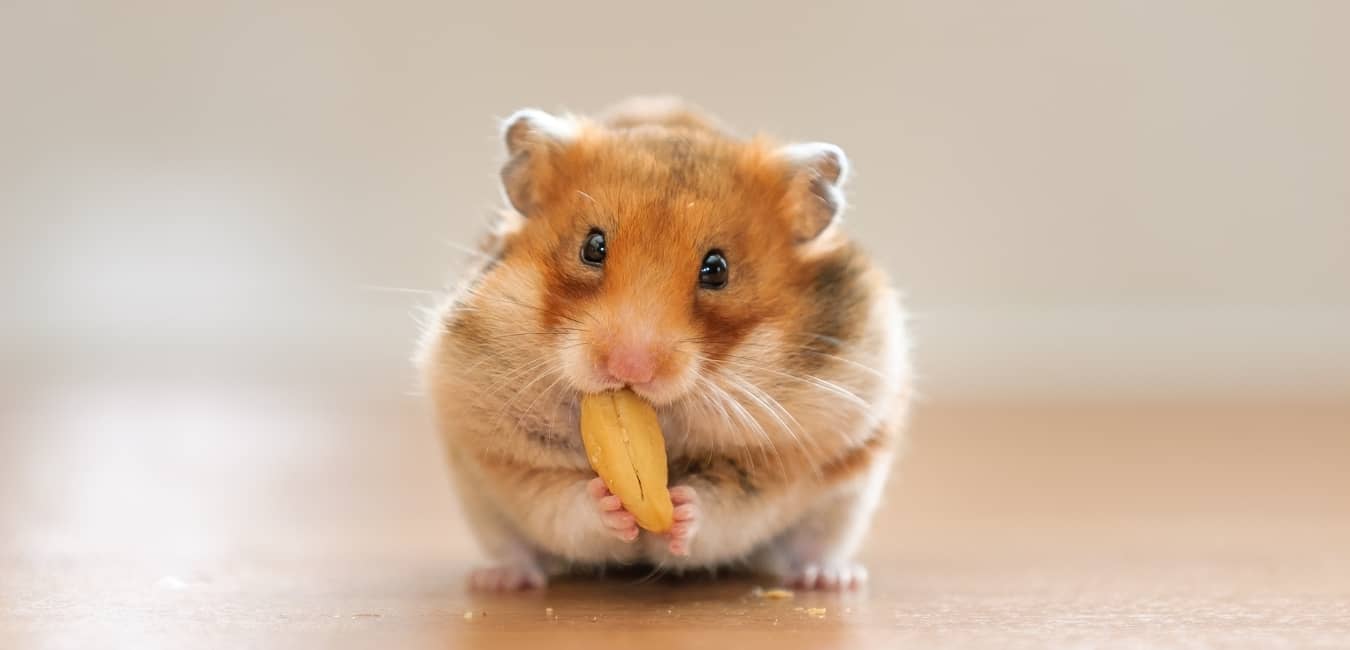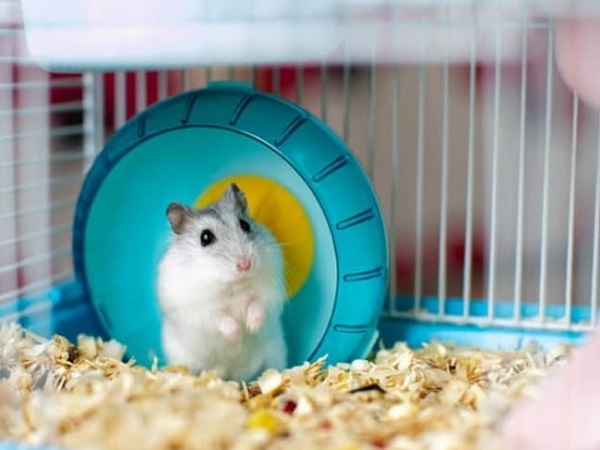Hamsters – Things You Need to Know When Raising Them
Hamsters are small and adorable pets, loved by many and often kept at home. To raise a healthy hamster, you need to understand how to care for them and ensure a suitable living environment and nutrition. Below are the essential things to know when raising hamsters.

1. Choosing the Right Hamster Breed
Hamsters come in various breeds, each with its unique characteristics. Before adopting one, you should thoroughly research and choose the breed that suits your living conditions.
- Syrian Hamster
This is a large, friendly, and easy-to-care-for hamster breed. They prefer living alone and should not be kept with other hamsters. - Dwarf Hamster
This species is small and often lives in groups. They are active and enjoy physical activities. - Roborovski Hamster
This is the smallest hamster breed. They are shy and have less interaction with humans.
2. Housing and Living Environment
The cage should be spacious enough for the hamster to move around comfortably. The material of the cage should be plastic or metal for easy cleaning. Hamsters need a running wheel and toys in their cage to burn off energy. The cage must be well-ventilated, with an ideal temperature between 18-24°C. Avoid placing the cage in direct sunlight or drafts, and always provide clean bedding to maintain hygiene for the hamster.

3. Proper Nutrition
Hamster need a balanced diet, including a mix of seeds, grains, and fiber. You can also add fresh vegetables like carrots, apples, and cucumbers to diversify their meals. Hamster require clean water daily, so it is best to use a water bottle with a nozzle to ensure hygiene. Avoid feeding them too much sugary or fatty food, as it can lead to health problems like obesity.

4. Cleaning and Cage Maintenance
The hamster’s cage should be cleaned regularly to keep them healthy. The bedding should be changed at least 1-2 times a week, and food bowls and toys should be sanitized to prevent bacteria buildup. If you notice any unusual signs like matted fur or loss of appetite, you should take them to a vet immediately.
5. Interaction and Exercise with Hamsters
Hamsters are energetic animals that require frequent interaction. You should give them some free time outside their cage every day, but ensure the area is safe. Hamsters love to explore, so provide them with small toys like tunnels and bridges to keep them active. However, be gentle when playing with them, as they are sensitive to loud noises and sudden movements.
6. Do Hamsters Live Alone or in Pairs?
Some hamster species prefer to live alone, while others can cohabit. Syrian hamsters are highly territorial and prefer solitary living, while dwarf hamsters can live together if raised from a young age. However, you should still monitor them to avoid conflicts between the hamsters. Regularly check the cage for signs of fighting.
7. Hamsters and Their Lifespan
The average lifespan of a hamster is only 2-3 years. Proper care, including a healthy diet and a clean living environment, can help extend their lifespan. Older hamsters tend to move less and eat less. You should take extra care of them during this stage to ensure they live happily and healthily until the end.
8. Common Diseases
Hamster can suffer from diseases if not properly cared for. Wet tail is one of the most dangerous diseases, usually caused by dirty food or an unclean environment. Hamsters are also prone to respiratory illnesses when their cages are too damp. If you notice signs of illness, take them to a vet immediately for timely treatment.
Conclusion
Raising a hamster requires careful attention to their living environment and diet. You need to understand their basic needs to create an ideal environment, helping them stay healthy and happy. Hopefully, the information shared in this article will help you gain more experience in taking care of your small, lovable pet.
See more:
Vận chuyển thú cưng từ Việt Nam đến thành phố Zamboanga (Philippines)
Gửi thực phẩm khô cho du học sinh Châu Âu, sách vở, hải sản khô

